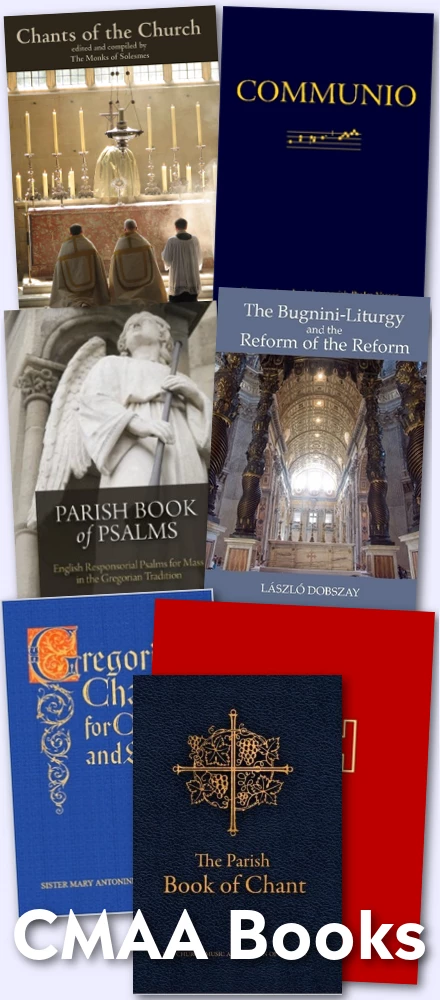Recently the NLM featured the fact that Fr. Rob Johansen and his parish in Michigan were in the process of restoring their high altar and as part of these restorations, the same altar was being used for the celebration of the sacred liturgy on at least some occasions.
Fr. Johansen reports to the NLM that this work is now completed:

Father has also publically celebrated Mass upon this altar since:

Here is what Father Johansen placed in his bulletin in preparation for this great event.
Comment
One cannot overstress the importance of the reclamation of ad orientem as part of parish liturgical practice -- normative parish liturgical practice let it be noted. The practice of ad orientem makes sense not only from the perspective of tradition and Catholic liturgical theology with regard to the ends of the Mass, it also makes prudential sense as a helpful corrective to distortions which have invaded Catholic thought and consciousness on both an academic and (flowing from that as its consequence) popular level, and which have further created practical difficulties for priest with regard to the ars celebrandi.
Each one of these factors alone is a good argument for the reclamation of the practice of ad orientem and given all of these factors together, along with the support of the pontiff, it seems to me that the choice and direction could not be clearer.
As I have often proposed, there are two matters which are most urgent with regard to reforming the reform in our parishes today. One is sacred music and the other is liturgical orientation.
Before all else parish priests I would propose this to you: before all other considerations, make the restoration of Gregorian chant and proper liturgical orientation (particularly through ad orientem full and proper) your first, primary and concurrent tasks. In this regard, be bold without being reckless and be prudent without being sheepish.
This will not only bear fruit with regard to the liturgy, but it will also bear fruit with regard to the other aspects of parish life and the life of your faithful, because by effecting the liturgy, you are also effecting and teaching, in a most positive way, the faithful that you have charge over.
Make no mistake, there can really be a no more central or important matter in a parish than restoring that which effects divine worship through the perpetuated sacrifice of the Cross, for it is that which is most central and that from which all else flows as a consequence.




















